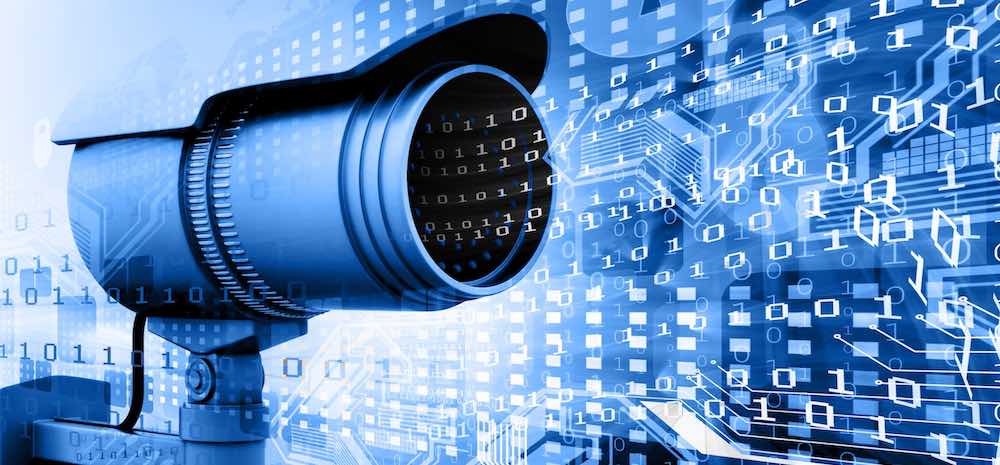Govt Will Access Private Data Of Indian Citizens Only In Exceptional Cases Such As National Security
While talking about the citizens data protection law, the Minister of State for Electronics and IT Rajeev Chandrasekhar said that the government will not be able to violate the privacy of citizens under the proposed data protection law as it will get access to personal data only in exceptional circumstances like national security, pandemic and natural disasters.

DPDP Bill 2022
Moreover, the draft DPDP Bill has exempted certain entities notified as data fiduciaries by the government from various compliances, including sharing details for the purpose of data collection.
Basically, the bill proposes to exempt government notified data fiduciaries from sharing details of data processing with the data owners under the “Right to Information about personal data”.
This draft DPDP Bill further bars individuals from sharing unverifiable and wrong information with data handling entities, which some people believe will deter anonymisation on internet platforms, especially on social media.
What About Anonymous Data?
Rajeev Chandrasekhar noted that the National Data Governance Framework has provisions to deal with anonymous data while the scope of the DPDP Bill is limited to personal data protection only.
Adding, “We have a National Data Governance Framework Policy that is to deal with the entire non-personal data and anonymised data space. This (DPDP Bill) is a very narrow well defined legislation to do with digital personal data protection. The anonymised data, standards of anonymisation, the use of anonymous data, etc are all going to be decided by the India Data Management Office (IDMO) under MeitY,”.
Before IDMO’s launch, there will be again a conversation about the non-personal data framework, Chandrasekhar said.
According to him, the Data Protection Board (DPB) will be an independent body and it says so in the bill — ‘independent of the government’.
He said, “You will not find people like me or bureaucrats sitting on the Data Protection Board. It is important to understand that DPB is not a regulator. DPB is an adjudication mechanism to adjudicate a breach that has occurred. It is independent as the government will not be on the board,”.
The DPB will have an oversight of the high court because all of its decisions will be scrutinized by the court system, he added.
Further stated, “The punitive consequences of data breaches that we have mentioned in the bill should act as deterrent, catalyze the behavioral change in all data platforms in the way they look at personal data of Indian citizens. They will look at it with more responsibility,”.

Comments are closed, but trackbacks and pingbacks are open.